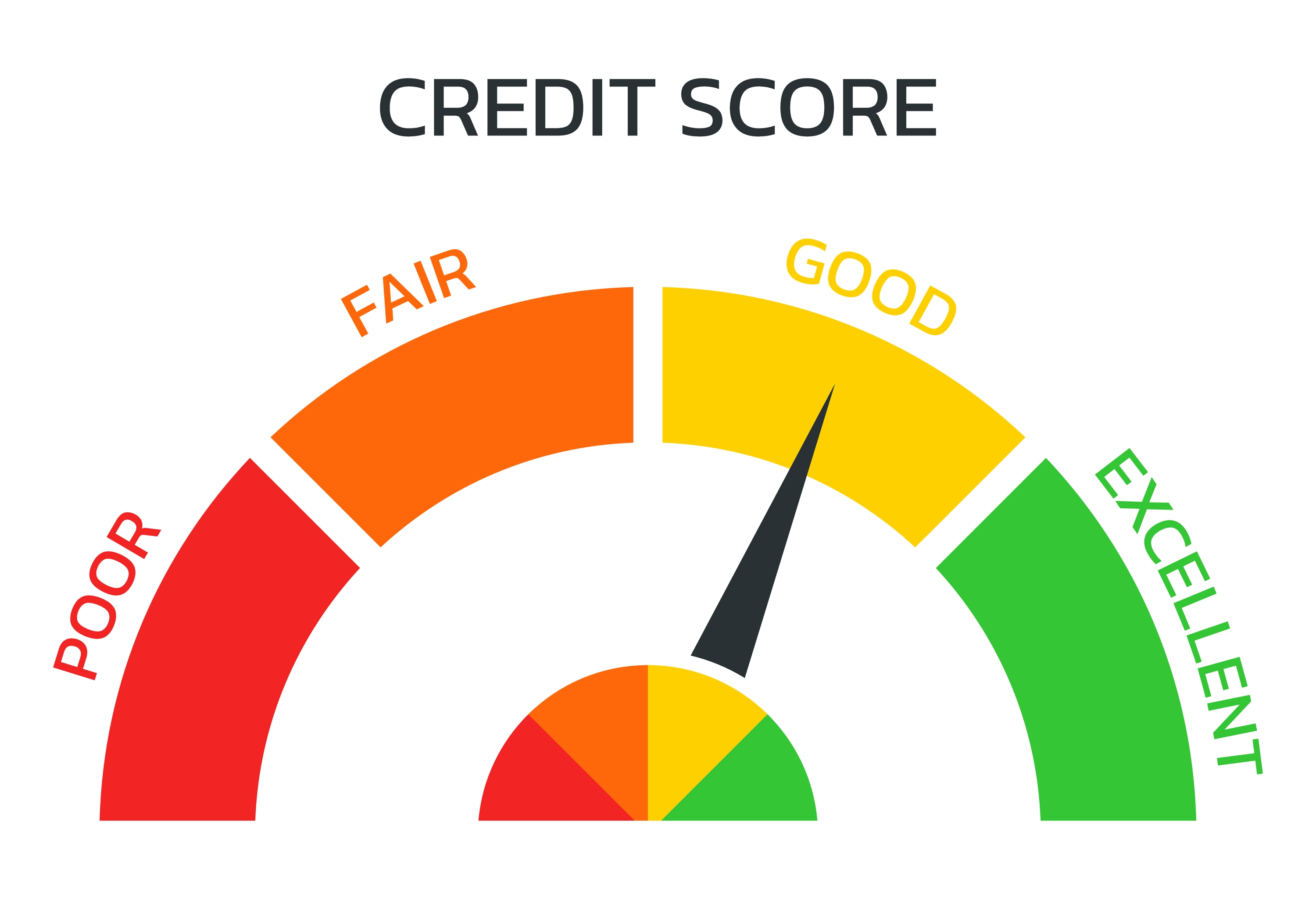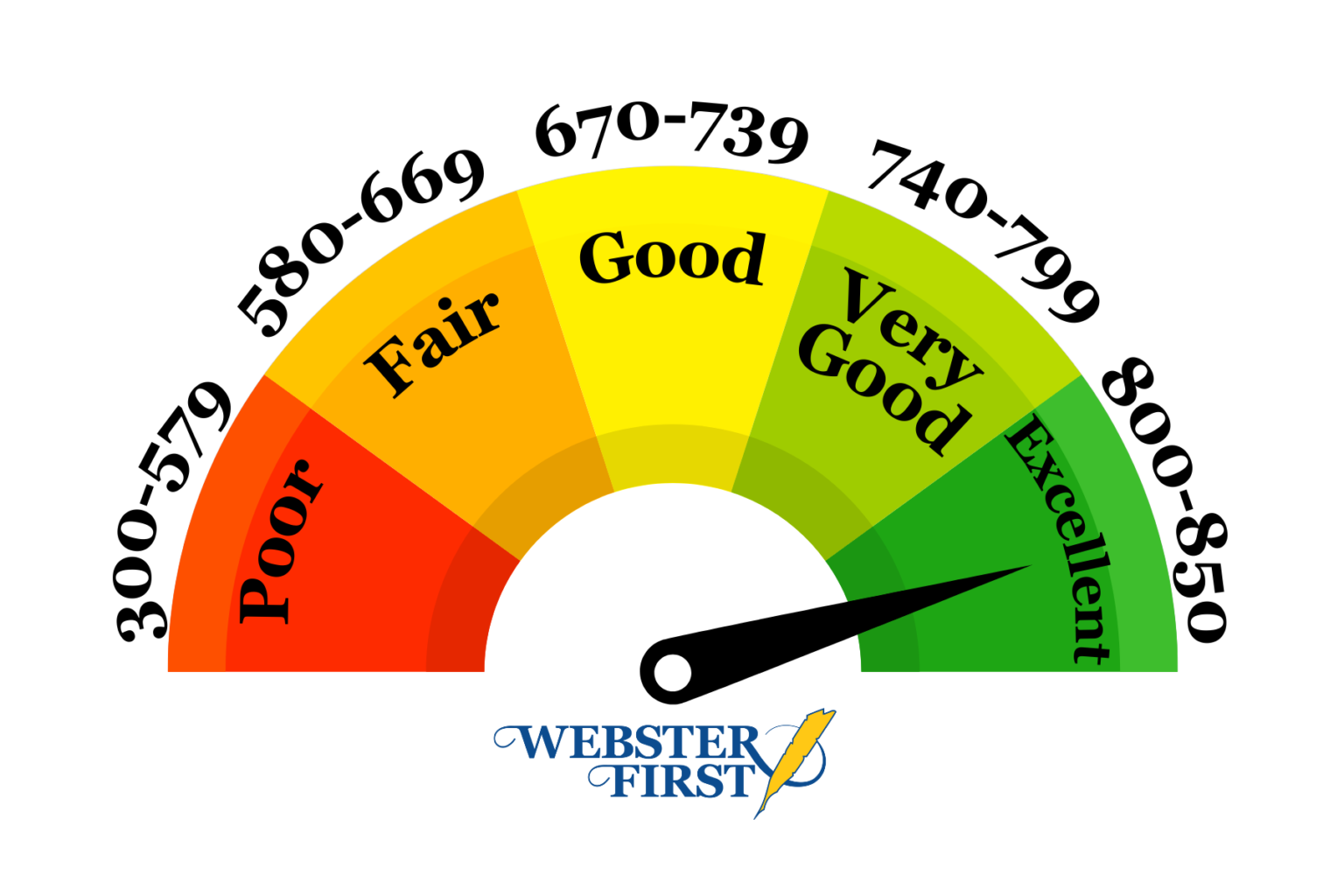In today's intricate financial world, understanding and managing your credit is not just an option; it's a necessity. Whether you're aiming for a new car, a dream home, or simply striving for financial stability, your credit profile plays a pivotal role. This comprehensive guide delves into the multifaceted world of credit, offering insights and practical advice that you'd want to discuss in any meaningful conversation about your financial future.
We often hear a lot about credit — credit reports, credit scores, credit freezes, credit monitoring. What does it all mean for you? This article aims to demystify these concepts, empowering you with the knowledge to optimize your money and grow it faster, helping you get ahead. It’s about having that crucial "credit one chat" with yourself and your financial future, ensuring you're well-equipped to make informed decisions.
Table of Contents
- Understanding the Credit Landscape
- Your Credit Report: The Foundation
- Decoding Your Credit Score
- Protecting Your Credit: Freezes and Monitoring
- Leveraging Tools for Financial Growth
- Credit Cards: A Path to Financial Power
- Beyond Traditional Credit: Digital Currencies and Rewards
- Connecting with Your Credit Provider
Understanding the Credit Landscape
At its core, credit is a contractual agreement in which a borrower receives something of value immediately and agrees to pay for it later, usually with interest. This simple definition underpins a vast and complex system that influences nearly every aspect of modern financial life. From securing a mortgage to renting an apartment, or even getting a mobile phone plan, your credit profile is constantly being assessed. It's not just about borrowing money; it's about your financial trustworthiness and reliability.
Navigating this landscape requires more than just a basic understanding; it demands proactive engagement. The goal of effective credit management is to improve your credit, keep it healthy, and support you in decisions that you make that may affect your credit livelihood. We are here to support you in this journey, helping you understand the nuances and take control.
Your Credit Report: The Foundation
Your credit report is essentially a detailed history of your borrowing and repayment activities. It's compiled by three major credit bureaus in the United States: Equifax, Experian, and TransUnion. These reports contain personal identification information, a list of your credit accounts (like credit cards, loans, mortgages), your payment history, and any public records such as bankruptcies or collections.
These reports play an important role in your financial life, and we encourage you to regularly check yours. Why? Because lenders, landlords, and even some employers use these reports to assess your financial responsibility. A clean and accurate credit report is your ticket to better interest rates, easier approvals, and overall financial peace of mind. Free weekly online credit reports are available from Equifax, Experian, and TransUnion, making it easier than ever to stay informed.
Why Regular Checks Matter
Regularly reviewing your credit report is not just a recommendation; it's a critical habit for financial health. Think of it as a routine check-up for your financial well-being. By doing so, you can:
- Identify Errors: Mistakes on credit reports are more common than you might think. Incorrect account information, misreported payments, or even fraudulent accounts can negatively impact your score. Catching these early allows you to dispute them and ensure your report accurately reflects your financial behavior.
- Spot Identity Theft: An unauthorized account or a sudden drop in your score could be a red flag for identity theft. Early detection is key to mitigating damage and protecting your financial identity.
- Understand Your Financial Standing: Seeing your payment history and credit utilization helps you understand your financial habits. It provides a clear picture of what you're doing right and where there might be room for improvement. Experian is committed to helping you protect, understand, and improve your credit, and starting with your free Experian credit report and FICO® score is an excellent first step.
Decoding Your Credit Score
While your credit report details your history, your credit score is a three-digit number that summarizes that history into a quick snapshot of your creditworthiness. The most widely used score is the FICO® Score, which ranges from 300 to 850. A higher score indicates lower risk to lenders, translating to better terms and more opportunities.
Your credit score is influenced by several factors, including your payment history (the most significant factor), amounts owed, length of credit history, new credit, and credit mix. Understanding these components is crucial for improving your score. For instance, consistently making on-time payments is paramount, as is keeping your credit utilization (the amount of credit you're using versus the amount available) low. A good score means that with your credit score, you can qualify for pretty much any credit card on the market, and you should be able to get a pretty good credit limit based on your income, too.
Protecting Your Credit: Freezes and Monitoring
In an age where data breaches are unfortunately common, protecting your credit information is more important than ever. Two powerful tools at your disposal are credit freezes and credit monitoring.
- Credit Freeze: A credit freeze, also known as a security freeze, restricts access to your credit report. This means that lenders or other entities cannot access your credit file without your explicit permission. This is an extremely effective way to prevent new accounts from being opened in your name by identity thieves. You can place or manage a freeze to restrict access to your Equifax credit report, with certain exceptions. It's a proactive step that puts you in control.
- Credit Monitoring: While a freeze prevents new access, credit monitoring keeps an eye on your existing accounts and alerts you to suspicious activity. This can include new inquiries, changes to your personal information, or new accounts opened in your name. Free credit monitoring, alerts, and personalized offers are often available, providing an all-in-one solution for staying vigilant.
The Power of Alerts
Imagine being instantly notified if someone tries to open a credit card in your name, or if there's a significant change to your credit score. That's the power of credit alerts. These notifications are a cornerstone of effective credit monitoring, providing real-time updates that allow you to react quickly to potential threats or significant changes. They are your early warning system, giving you peace of mind and the ability to act decisively if something looks amiss. This proactive approach is a key part of maintaining a healthy credit livelihood.
Leveraging Tools for Financial Growth
Beyond simply checking your reports and scores, numerous platforms and tools are designed to help you actively manage and improve your financial standing. These resources offer more than just data; they provide actionable insights and personalized recommendations.
- Intuit Credit Karma: Offers personalized recommendations, tools, and insights that help you optimize your money and grow it faster, to help you get ahead. This includes free credit scores, credit reports, and tools like credit simulators that show you how different actions might affect your score.
- Experian: As mentioned, Experian is committed to helping you protect, understand, and improve your credit. Their services often include free credit reports and FICO scores, along with educational resources to guide you.
- TransUnion: Provides free TransUnion® credit report & score, offering another essential perspective on your credit health.
The beauty of these platforms is that they often offer services for free, making robust credit management accessible to everyone. All free, all in 1 – this convenience removes barriers to financial literacy and empowerment.
Personalized Insights for Optimization
One of the most valuable aspects of modern credit management tools is their ability to provide personalized insights. Instead of generic advice, these platforms analyze your specific credit profile and offer tailored recommendations. This might include suggestions for which bills to pay first to maximize score impact, how to reduce debt efficiently, or even which credit cards you're pre-qualified for based on your current score. This level of customization transforms complex financial data into clear, actionable steps, truly helping you optimize your money and grow it faster.
Credit Cards: A Path to Financial Power
Credit cards are a fundamental component of the credit landscape, offering convenience, rewards, and a crucial means to build a strong credit history. For many, they are the primary tool for establishing and maintaining good credit. Responsible use of credit cards—making on-time payments and keeping balances low—directly contributes to a healthy credit score.
The credit card market is vast, offering a multitude of options tailored to different needs and credit profiles. A subreddit for discussing credit cards is a great community resource where users share experiences and advice. Be sure to read sub rules before posting, use the resources linked in the sidebar / about section of the sub, and use search to see if your question has already been answered. This is the latest installment of the CC recommendation flowchart, originally created by u/kevlarlover years ago to answer most of the questions repeated week after week in the what, highlighting the community's effort to guide users.
For those with less-than-perfect credit, there are still options. True, alright, so in my quest to understand lending and options for people with bad credit to get funds, I have been able to acquire sources that can get you around $13,000. This demonstrates that financial solutions exist even for challenging situations, though they often come with higher interest rates or specific terms.
Beyond credit cards, traditional lenders like Forum Credit Union, serving Indianapolis and Central Indiana, offer auto financing. You can apply online for a car loan or ask for Forum financing at the dealership, illustrating how credit plays out in everyday large purchases.
Maximizing Your Credit Limit
Your credit limit is the maximum amount of money you can borrow on a credit card. While it might seem counterintuitive, a higher credit limit can actually be beneficial for your credit score, provided you don't use it all. This is because it directly impacts your credit utilization ratio – the percentage of your available credit that you're currently using. A lower utilization ratio (typically below 30%) is favorable. If you have a high credit limit and only use a small portion of it, your utilization ratio remains low, which positively impacts your score. With a strong credit score and good income, you should be able to get a pretty good credit limit, giving you more financial flexibility and a better credit profile.
Beyond Traditional Credit: Digital Currencies and Rewards
While the core principles of credit remain steadfast, the digital age introduces new forms of value and exchange. Even seemingly unrelated digital credits or gift cards highlight the evolving nature of value and how it's managed. For instance, "What happens to my Skype credits now that Skype is



Detail Author:
- Name : Phoebe Heathcote
- Username : fjerde
- Email : towne.earnest@nitzsche.com
- Birthdate : 1992-06-11
- Address : 99750 Weston Burg Apt. 316 Lyricstad, LA 83957
- Phone : +12625487107
- Company : VonRueden-Becker
- Job : Aircraft Assembler
- Bio : Debitis sit non et sunt at. In deleniti dolor quae harum. Repudiandae repellat distinctio sapiente autem minima ad vero.
Socials
linkedin:
- url : https://linkedin.com/in/jalon.wiegand
- username : jalon.wiegand
- bio : Rem consequatur aut non ut quia similique aut.
- followers : 2469
- following : 1838
instagram:
- url : https://instagram.com/jalonwiegand
- username : jalonwiegand
- bio : Rerum totam voluptatem minus quaerat impedit ea. Enim aut accusantium ex eum nobis omnis magnam.
- followers : 6343
- following : 2106
facebook:
- url : https://facebook.com/jalon_real
- username : jalon_real
- bio : In perspiciatis blanditiis sed officia perferendis placeat.
- followers : 2334
- following : 2138